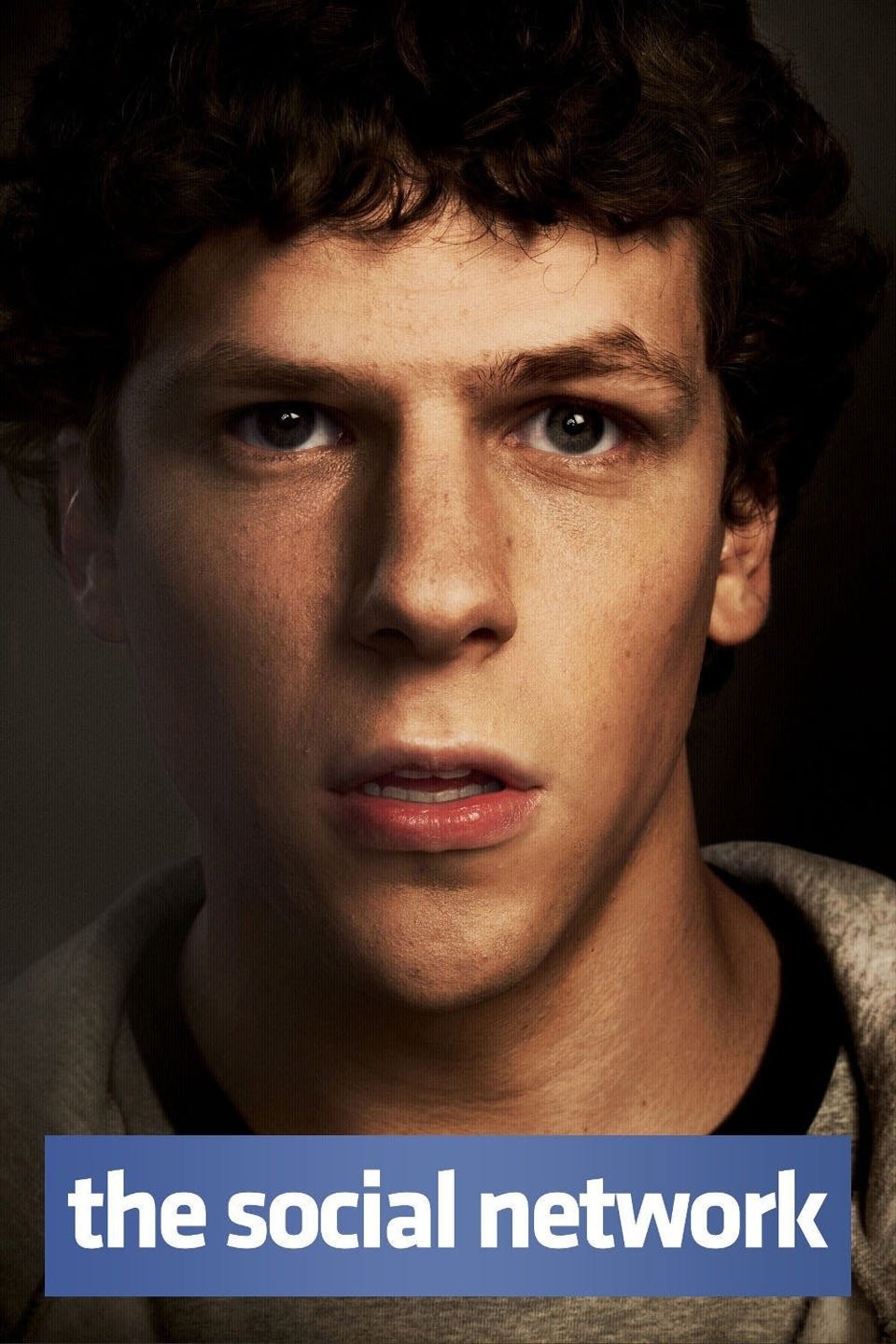The Social Network
 David BLANKSON-HEMANS
David BLANKSON-HEMANSThe web has been evolving every day since its inception. Many have tried to be at the helm of the web as it evolves, but few are able to man the wheel. Facebook is a great anecdote when talking about companies that have taken over the web. Today they are known as Meta. But back in 2004, Facebook was the face of social networking (Pun Intended). They even have a movie that shows the rise and dark side of the company, fittingly called 'The Social Network'. During this period of evolution the web was becoming increasingly more social, which is the focus of this article.

1. The Rise of Social Networking
Social networks are no longer limited to reconnecting with old friends or sharing holiday photos. Platforms like Facebook, Twitter, LinkedIn, and Instagram have become integral parts of our daily lives, acting as news sources, marketing platforms, and even tools for social change.
The web has supported this rise by:
Ease of Access: With smartphones and affordable data, the web is accessible to millions, facilitating quick sign-ups and real-time interactions.
Multimedia Capabilities: Modern web technologies allow for the sharing of photos, videos, and interactive content, enriching the social networking experience.
Interlinking of Platforms: The ability to share content across different platforms or integrate services amplifies the reach and impact of every post or interaction.
2. Issues Linked to the Growth of the Internet
As with any significant technological advancement, the surge in online connectivity and social networking has brought its set of challenges:
Privacy Concerns: Oversharing, data breaches, and unclear privacy policies have raised concerns over user data safety.
Misinformation & Fake News: The speed at which information spreads can lead to the rapid dissemination of unverified or false information.
Cyberbullying & Harassment: Online platforms can sometimes be a haven for negative interactions, affecting mental well-being.
Mental Health Impacts: The constant need for validation and comparison on social media platforms can lead to anxiety, depression, and other mental health issues.
3. The Shaping of the Web's Perception
These issues have undeniably influenced how we view the web:
Demand for Transparency: Users now demand clearer privacy policies and better control over their data.
Fact-Checking Initiatives: Many platforms have started collaborating with third parties to verify the authenticity of information.
Emphasis on Mental Well-being: There's a growing narrative on using the web and social media responsibly to ensure mental health.
4. Modified Online Behaviors
In response to the evolving web dynamics, our behaviors have seen notable shifts:
Conscious Sharing: Users are becoming more selective about what they share and with whom.
Increased Use of Private Channels: There's a rise in the use of private messaging apps and closed groups for more personal and controlled interactions.
Digital Detox: Recognizing the potential adverse effects, many are opting for breaks from social media to rejuvenate.
Conclusion
The web, with its sprawling reach and capabilities, has revolutionized our interaction paradigms. Social networking, as a byproduct of this evolution, has its set of pros and cons. As we continue to engage with these platforms, it's essential to be aware of the associated challenges and adapt our behaviors for a balanced and healthy online life. The journey of the web is a testament to human adaptability and our continuous effort to mold technology to serve us better.
Subscribe to my newsletter
Read articles from David BLANKSON-HEMANS directly inside your inbox. Subscribe to the newsletter, and don't miss out.
Written by
